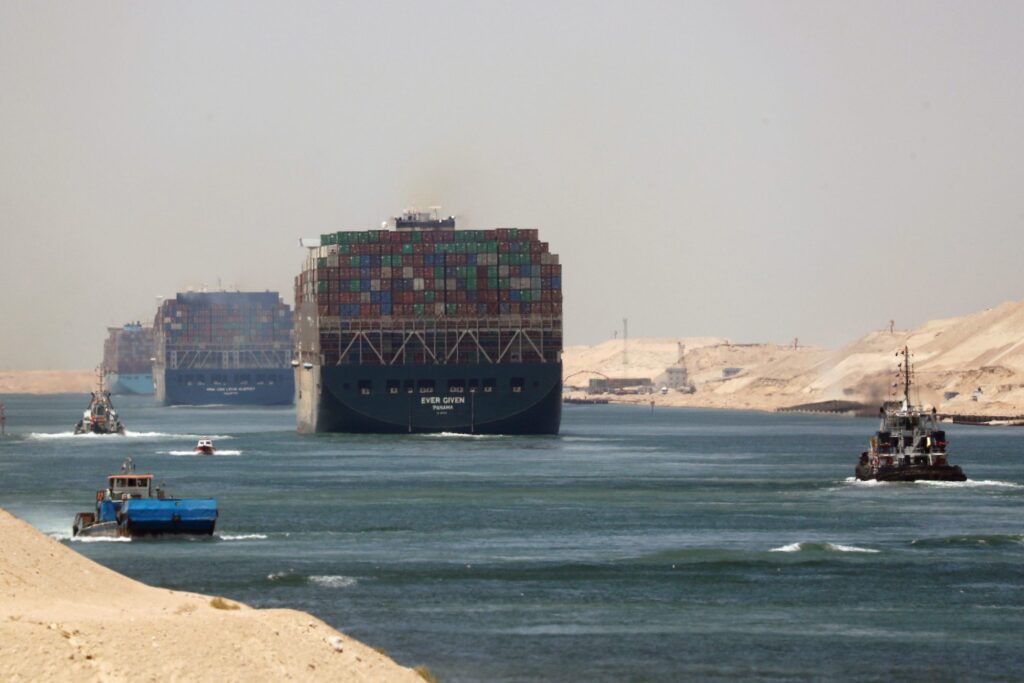search the site
Suez Canal disruptions cost Kenyan fresh produce exporters

The time it takes for fresh produce from Kenya to be exported to Europe by sea has gone up significantly due to the logistical challenges shippers face following the Suez Canal’s blockage.
Players said the time it takes Kenyan cargo to reach Europe has increased by as much as 66 per cent, from about 30 days to more than 50 days following attacks on vessels using the travel route by Houthi militants.
Kenyan produce, including flowers, vegetables, and fruits, is popular across European markets, with some of it being transported by sea. But the cargo now has to take a lengthy route, which is both time-consuming and costly.
Kakuzi Managing Director Chris Flowers said yesterday for fresh produce such as avocados to reach Europe, ships have been travelling from Mombasa to the port of Salalah in Oman.
In Oman, he explained, the containers of avocados are transferred onto another larger ship, which then travels around the Cape of Good Hope and into Europe.
In Europe, the containers are trans-shipped at Algeciras Port, southern Spain then to Northern Europe via Rotterdam (Netherlands) or Felixstowe (England). This means the produce is almost ripe by the time it arrives at its final destination.
However, he said the industry together with the government is looking to address the challenges and shorten the journey to get the produce to the different markets in good time.
“Starting in February 2025, one of the major shipping lines will bypass Algeciras Port and head directly to Rotterdam from Salalah. This has the potential to save precious days,” said Flowers at the opening of this year’s Fruit Logistica 2025 trade show in Berlin, Germany.
Mr Flowers acknowledged that the current geopolitical tensions have significantly impacted national competitiveness and threatened the survival of agribusiness players in Kenya.
“I can assure you that all stakeholders, including Kenya’s Cabinet Secretary for Agriculture, are working together to ensure that our produce reaches the European market on time and in good quality,” he said.
At the same time, Mr Flowers assured the key buyers that the firm, among other leading export firms, is working closely with the Kenyan phytosanitary authorities to curb the export of immature fruit through maturity testing services and enhanced surveillance.
Last year, the geopolitical unrest in the Middle East introduced new risks to this critical maritime route through the Suez Canal and the Red Sea.
Incidents such as attacks on shipping vessels have raised security concerns and led to significant disruptions in marine traffic flow.
The Houthis have been attacking ships since November 2023, assaulting more than 100 vessels and sinking two of them. The militants had initially said they were attacking ships with Israeli relations as a response to the war in Gaza but many of those attacked do not have the connection.
In response, shipping companies, wary of potential threats to their assets and crew, have opted for alternative routes despite the longer journey times and higher costs, negatively impacting fresh produce exporters’.
Export of fresh produce is one of the leading foreign exchange earners for Kenya. In 2023, horticulture earned the country Sh154 billion, according to data from the Kenya National Bureau of Statistics (KNBS).
source : standardmedia


















